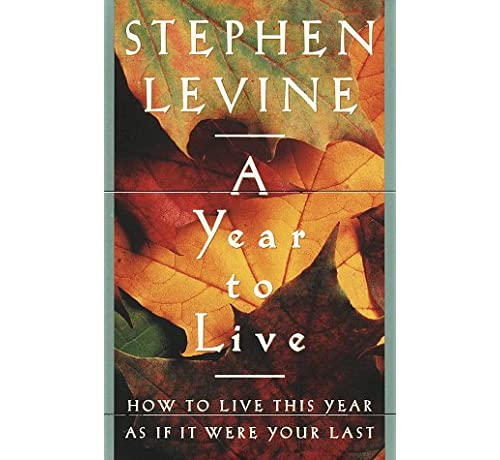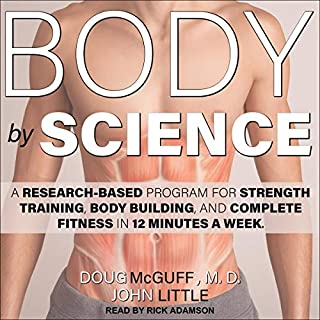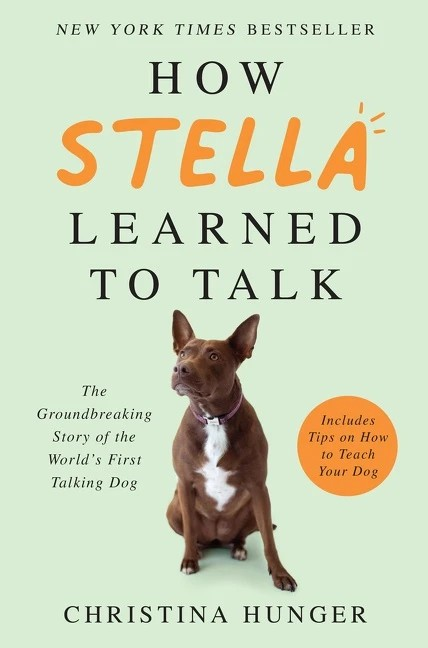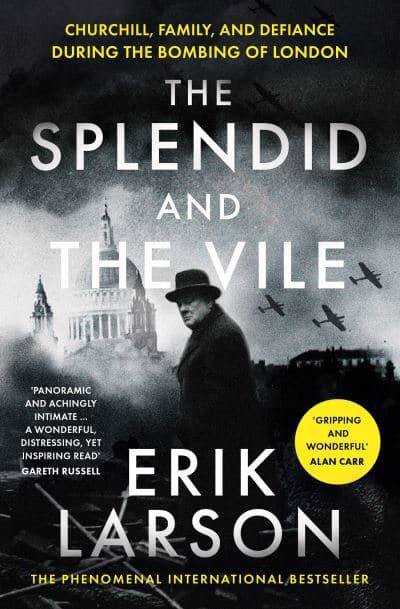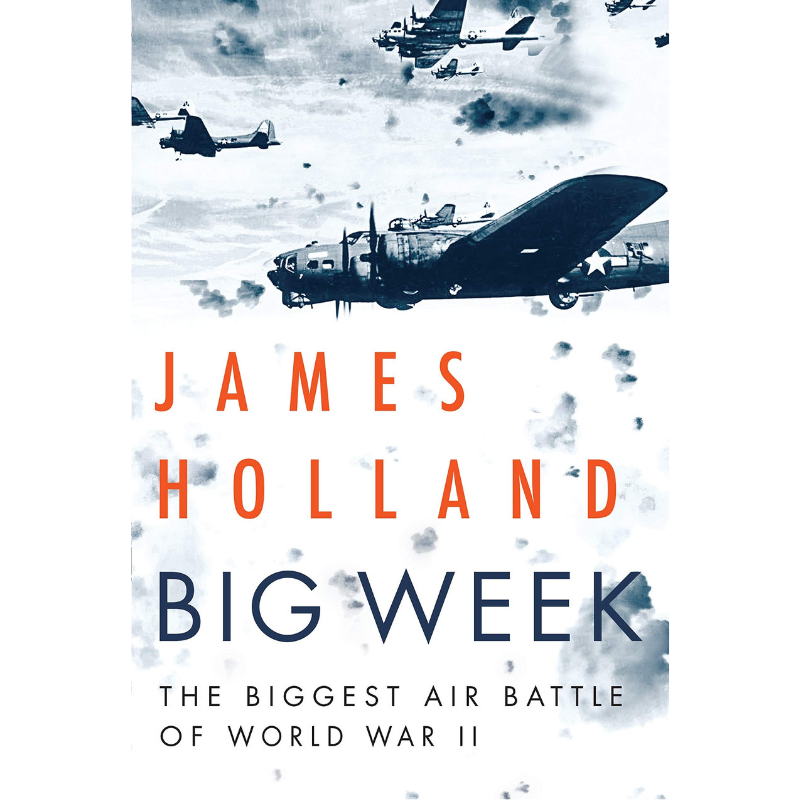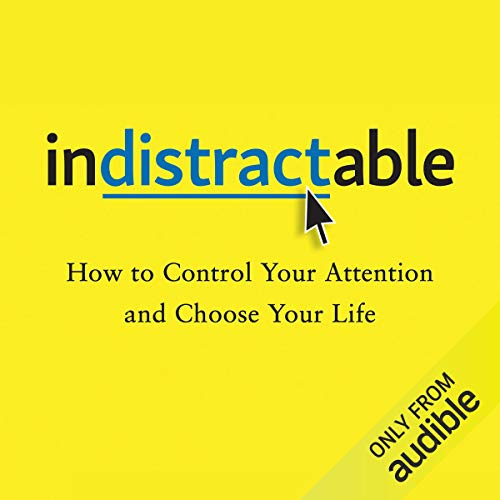What are you reading now?
-
I'm also going through the short stories in Alastair Reynolds' Revelation Space universe. They're quick little reads and do a lot to fill in the background of the larger books.
Reynolds has done a remarkable job of world-building. The stories are intricate, intertwined and span centuries, frequently within the same book. He doesn't allow magical FTL travel, and he actually has an explanation for the Fermi paradox.
Looking forward to his next book (Inhibitor Phase) coming out in July.
-
To Whom It May Concern:
There are occasional convos here about college admissions. I'm posting this for those who may want to pursue the topic.
https://www.amazon.com/dp/B07Z43V2RY?
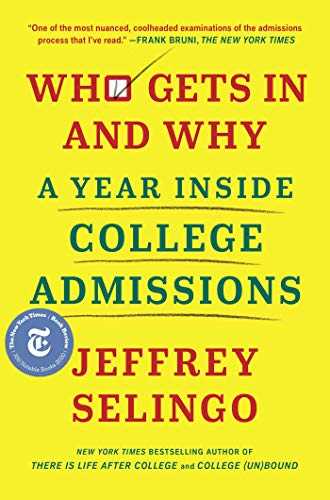
-
Evangelizing Alastair Reynolds "Revelation Space" books - again.
Having gone through all of the RS books (and, believe me, they're LONG and complicated), I decided to re-read the short stories that flesh out some of the stuff in his books.
Having done that, I thought it might be fun to re-read "The Prefect" (or, as he renamed it, "Aurora Rising"). It's set before the events of the main trilogy which he published first.
What a great tale.
In terms of complexity and world-building, it is, IMO, on the order of Dune. The re-read adds SO much to the understanding of what's going on.
Highly, highly recommended. This is hard, HARD, sci-fi, however. It's intricate, complex and demands your total immersion.
Also, these are long books - 500-600 pages each. Totally worth the effort.
-
-
-
@george-k said in What are you reading now?:
@loki is this a new Larson?
I think 2020. It’s amazing. I have read so much Churchill but am learning more. Mostly what makes it so good is that you have a fiction writer take on non fiction and you just don’t want to put it down… even though you know the ending.
-
@george-k said in What are you reading now?:
@loki is this a new Larson?
I think 2020. It’s amazing. I have read so much Churchill but am learning more. Mostly what makes it so good is that you have a fiction writer take on non fiction and you just don’t want to put it down… even though you know the ending.
@loki I have read some of his other books and they were really good.
-
I wouldn’t call Larson a fiction writer. He writes almost exclusively non fiction.
-
People have been preaching for decades that "Calories in = Calories out."
Fung puts lie to that mantra. It's a very complicated picture and it's not only what you eat, but what you absorb (your gut bacteria have a lot to do with that), but your absorption, once it happens is regulated by hormonal factors.
Ghrelin is the mind-killer.
@george-k said in What are you reading now?:
People have been preaching for decades that "Calories in = Calories out."
Fung puts lie to that mantra. It's a very complicated picture and it's not only what you eat, but what you absorb (your gut bacteria have a lot to do with that), but your absorption, once it happens is regulated by hormonal factors.
Ghrelin is the mind-killer.
But where are the studies that confirm his approach to weight loss?
All studies I know of that are conclusive and can be replicated show that, in the big picture, all that matters for weight is whether one eats in a surplus or in a deficit. Want to loose weight? Either eat less calories, or increase calorie expenditure (e.g. by moving more), or both. Macros don't matter much. "Set point" doesn't matter much: If you are in a deficit, you'll loose weight; if you eat in a surplus, you'll gain weight, no matter what the "set point" is. I was overweight for 20 years and then lost 70 pounds. It wasn't easy and it takes a lot of discipline to not get back to my old weight, but I don't give a flying fuck about what my "set point" is. At the end of the day, it's a question of willpower and discipline.
People don't like that picture. They are looking for a scape goat ("it's my genetics" or ...) and for shortcuts. That's why we are so eager to believe in all kinds of alternative realities. But you can't bend the first law of thermodynamics. In a sense, "calories in, calories out" is tautologically true. I know of course that things are more complicated, e.g. calorie expenditure is not independent of calorie intake, base metabolic rate isn't constant and depends on..., ketosis, ... . But what the studies I know of suggest is that these considerations don't have much effect in practice for healthy adults.
-
@george-k said in What are you reading now?:
People have been preaching for decades that "Calories in = Calories out."
Fung puts lie to that mantra. It's a very complicated picture and it's not only what you eat, but what you absorb (your gut bacteria have a lot to do with that), but your absorption, once it happens is regulated by hormonal factors.
Ghrelin is the mind-killer.
But where are the studies that confirm his approach to weight loss?
All studies I know of that are conclusive and can be replicated show that, in the big picture, all that matters for weight is whether one eats in a surplus or in a deficit. Want to loose weight? Either eat less calories, or increase calorie expenditure (e.g. by moving more), or both. Macros don't matter much. "Set point" doesn't matter much: If you are in a deficit, you'll loose weight; if you eat in a surplus, you'll gain weight, no matter what the "set point" is. I was overweight for 20 years and then lost 70 pounds. It wasn't easy and it takes a lot of discipline to not get back to my old weight, but I don't give a flying fuck about what my "set point" is. At the end of the day, it's a question of willpower and discipline.
People don't like that picture. They are looking for a scape goat ("it's my genetics" or ...) and for shortcuts. That's why we are so eager to believe in all kinds of alternative realities. But you can't bend the first law of thermodynamics. In a sense, "calories in, calories out" is tautologically true. I know of course that things are more complicated, e.g. calorie expenditure is not independent of calorie intake, base metabolic rate isn't constant and depends on..., ketosis, ... . But what the studies I know of suggest is that these considerations don't have much effect in practice for healthy adults.
@klaus said in What are you reading now?:
Want to loose weight? Either eat less calories, or increase calorie expenditure (e.g. by moving more), or both.
Yes, no question
Some people may absorb or burn faster than others, but diet and exercise determine the outcome.
-

Interesting book so far.
QUOTE
From the late 19th century, when the Raj was at its height, many of Britain's best and brightest young men went out to India to work as administrators, soldiers and businessmen. With the advent of steam travel and the opening of the Suez Canal, countless young women, suffering at the lack of eligible men in Britain, followed in their wake. They were known as the Fishing Fleet, and this book is their story.
UNQUOTE -
I continue my dive into Alastair Reynolds' books.
Started this today:

- Humanity has raised exploiting the solar system to an art form. Bella Lind and the crew of her nuclear-powered ship, the Rockhopper, push ice. They mine comets. And they're good at it.
The Rockhopper is nearing the end of its current mission cycle, and everyone is desperate for some much-needed R & R, when startling news arrives from Saturn: Janus, one of Saturn's ice moons, has inexplicably left its natural orbit and is now heading out of the solar system at high speed. As layers of camouflage fall away, it becomes clear that Janus was never a moon in the first place. It's some kind of machine -- and it is now headed toward a fuzzily glimpsed artifact 260 light-years away.
The Rockhopper is the only ship anywhere near Janus, and Bella Lind is ordered to shadow it for the few vital days before it falls forever out of reach. In accepting this mission, she sets her ship and her crew on a collision course with destiny -- for Janus has more surprises in store, and not all of them are welcome.
So different from Reynolds' other stuff. As I've said before, his other stuff is complex, obscure and demands total immersion and attention. This, OTOH, is a "popcorn" book - at least that's my impression after having read only about 10% of the book.
-
I've been on an Alastair Reynolds kick for the last several months, as you might realize. I've read all the books, novellas, and short stories in the "Revelation Space" series. Some of them twice (much better on the 2nd read, by the way).
Apparently, Reynolds was asked, in an interview, whether he would ever write a book that could be made into a popular movie. He thought about it, and this was the result.

I'm such a sucker for good science fiction.
This is a quick and easy read (about 500 pages, and I'm halfway through in the last 3 days). Though easy (unlike the RS books books) that's not to say that it's lacking in scope or vision. Pretty simple tale, but well told.

